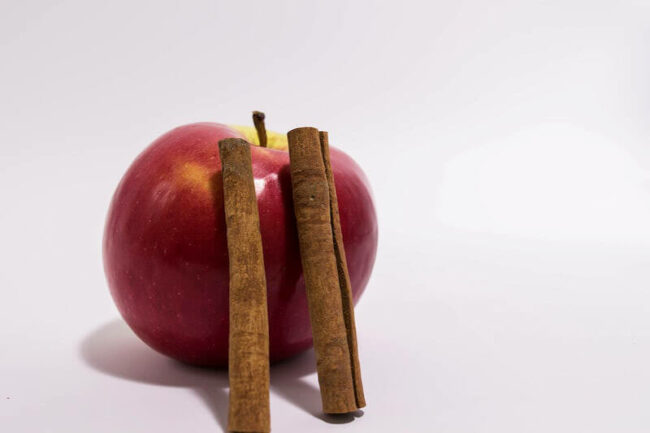Using Honey For Its Medical Potential
Amidst skepticism about natural remedies lacking empirical support, honey emerges as a robust contender in the realm of medicinal therapies. Scrutinizing its properties reveals a wealth of substantiated scientific explanations, discarding mere conjectures. Tracing back to ancient Greece and continuing through impoverished African nations, honey’s medicinal legacy spans centuries. Aristotle’s 350 BC recommendations for curing…










